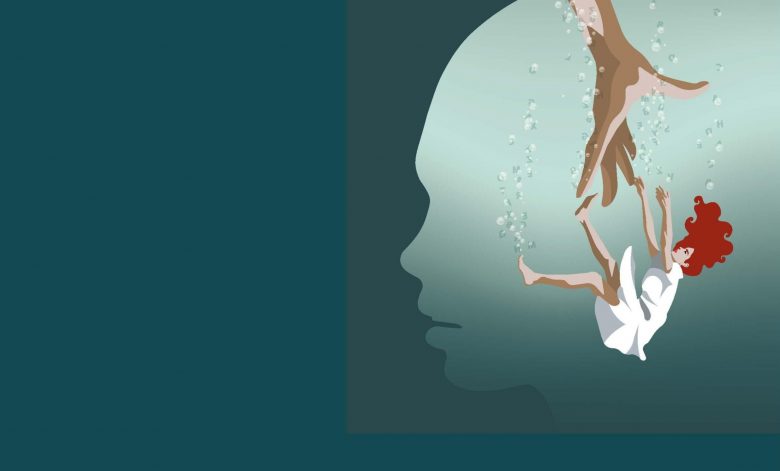
Why do humans act so inhumanely towards one other? For social psychology, the question arose out of the Nazi Holocaust. However, since then, the ethnic cleansing in the former Yugoslavia, the massacres in Rwanda and the ongoing genocide in Darfur all remind us that the issue is not confined to one place or one point in time. Rather, it remains as depressingly topical as ever.
The explanation that you will find for such acts in most psychology textbooks can be summarised in one word: conformity. This explanation has two elements.
Your organisation does not have access to this article.
Sign up today to give your students the edge they need to achieve their best grades with subject expertise
Subscribe



